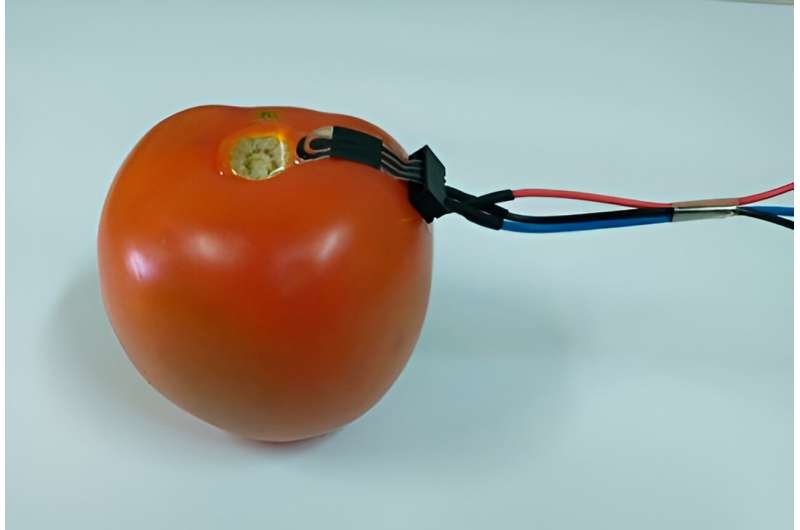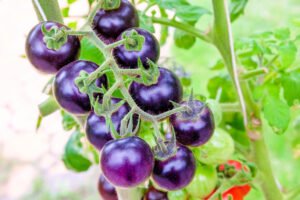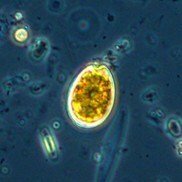Friday, 6 February 2026
Brazil develops biodegradable sensors to monitor levels of pesticides in fruit and vegetables
Made from cellulose acetate, a material derived from wood pulp, the device has been named plant-wearable A team of researchers from the University of São Paulo (USP) and the Federal…

Made from cellulose acetate, a material derived from wood pulp, the device has been named plant-wearable
A team of researchers from the University of São Paulo (USP) and the Federal University of Viçosa (UFV) in Brazil have developed a sustainable sensor that can be directly placed on the surface of fruits or vegetables to detect the presence of pesticides.
Made from cellulose acetate, a material derived from wood pulp, the device has been named “plant-wearable” and has the potential to ensure food safety in a world where food shortage and environmental and health issues caused by the excessive use of agrochemicals are increasingly prevalent.
The results of the study have been published in the journal Biomaterials Advances. Pesticides are widely used to improve crop yields but only 50 per cent of them reach their target, with the remaining chemicals ending up in soil, groundwater, surface water, raw drinking water, wastewater, and food products.
Monitoring pesticide levels in food, water, and soil is, therefore, essential to prevent the public from being exposed to these toxic substances through their skin, lungs, or digestive system.
Technology
Australia Approves Commercial Release of GM Purple Tomato
Feb 06, 2026 | Australia
Detmold Group Reports Progress on Emissions Reduction, Circular Packaging Goals
Feb 05, 2026 | Australia
FAO on Balancing Climate Urgency and Food Safety in Emerging Agrifood Technologies
Feb 05, 2026 | Food Security
Food Testing
AFNOR International Eyes Global Food Safety Growth with HACCP Group Takeover
Feb 04, 2026 | Australia
Incheon National University researchers uncover hidden toxin risks during nutrient-starved algal blooms
Feb 02, 2026 | Food Safety and Testing
How audit-led approaches are reinforcing trust in retail food safety
Feb 02, 2026 | Food Safety and Testing
More Popular
Fertility Meets Farm-to-Table Dining with Launch of ‘The Fertility Table’ in India
Feb 06, 2026 | Company News
Australia Approves Commercial Release of GM Purple Tomato
Feb 06, 2026 | Australia
Alternative Proteins Could Add €111 Billion Annually to EU Economy by 2040, Study Finds
Feb 06, 2026 | Europe






